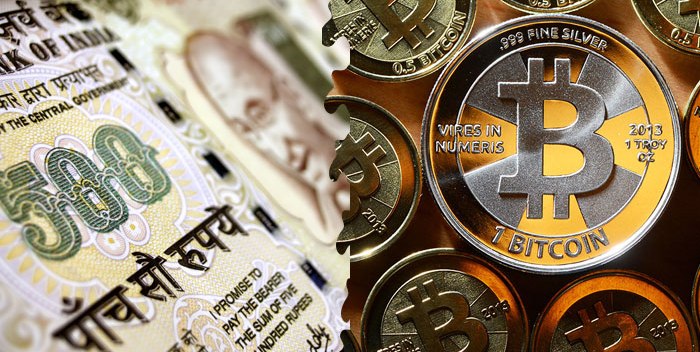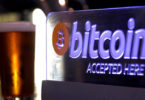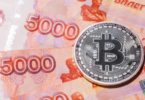With effect from a sudden and surprising decision from the Narendra Modi government, two of India’s largest denomination banknotes were scrapped on Wednesday, which were as shocking to many but it needs to know what should be done currently about the benefits of this change brought in by the present government of India by the following characteristics:
Currency Change Policy to Erase Corruption
These five hundred rupee and 1,000 rupee notes are banned and will no longer be accepted by businesses across the country while some government offices, hospitals and other needful business operators for the people will accept Rs 500 and Rs 1000 notes for good. However, Indians will be allowed to deposit or exchange their old currency notes at banks and post offices until Dec 30 2016.
Reserve Bank of India (RBI) data goes on to show that the two denominations leads to 86 per cent of the value of all cash in circulation in India at present. In this regard, tweeted Andreas Antonopoulos: “Imagine if in 24 hrs the $20 and $10 bills had no value and you had to exchange at a bank that just happened to a Billion people in India.”
But the Prime Minister of India having seen this move as positive for being a drastic change, which is designed to fight corruption and black markets explained that in an unscheduled television announcement on Tuesday night as it might hurt people for a while and after some time everyone will appreciate the motive. The move, although unexpected but was Modi’s way of fulfilling an election promise to curb tax evasion as such to currency change that brought almost all the people to think twice.
Economy Known As Informal Sector
The main purpose of this currency swap-out scheme is the gloominess that over shadowed the economy and also known as the informal sector, the informal economy, System D, the grey economy, and often confused with the black market interpreted by the Hindu that 75 percent of India was employed by the shadow economy.
India Being Most Populated and Tech Supporter
India having been most populated as second in the World and is often referred to the World’s technology support department as such Internet and broadband adoption rates are increasing with the availability of $5 smart-phones and heavily-subsidized, high-bandwidth data plans sold in most cities across India.
32 percent of the population of India is considered urban, and free wifi hotspots are being installed in many of the largest cities already.
The average age in India is only 26.9 years, and more than 200 Million people there are between 18 and 34 years old, making it a country overflowing with urban millennialism who have cheap internet access, which speaks volumes although about how India is a supporter to the World in technology.
World Bank on Indian Remittance
World Bank goes on to show India as the most happening Country in the World as India also happens to be the remittance capital of the World, with 69.9 Billion dollars remitted to the country from around the World, with the vast majority of that coming from the UAE, US, and Europe as well as being currently as a leader in technology it is another factor that Bitcoins are not considered a currency by the Indian government. However, thousands of Indians have been using it to be abreast with similar restrictions to those imposed upon the US banking and remittance infrastructure.
However, Bitcoin implementation in India has been slow during the past and it needs to get propped up while there are only 2,000 Indian members of various Bitcoin meeting groups around the country on meetup.com but Unocoin and BTCXIndia have reportedly reached to the 10,500 and 26,000 active Indian users on their exchanges, respectively and that is something substantial, which will help Bitcoin operations in India to grow as the currency demonetization sparks Bitcoin interest.
Indian latest regulatory environment will open the door further. Kamesh Mupparaju, the CEO of BTCXIndia, told BNC as the RBI and Government are encouraging cash less transactions via digital wallets like Paytm, online banking, debit and credit cards, “Hence rural population may also be encouraged towards banking and wallet services.” It is worth noticing.
However, the RBI has some policies that could be used against Bitcoin if they were to compete with a government mobile banking program or digital currency in any day.
Having an unbanked business operation, with lots of cash on the premises, leads to some major problems that the industry is desperate to solve in quick time.
The businesses on a notable move also shoulder the burden of additional security, vital for large cannabis growers and vendors, because of all the cash lying around as there are high costs to operating like a casino, needs using armed guards or bouncers, armored cars, and extra security cameras as well.
So, crypto-currencies like Bitcoin offer the so called solution to the burgeoning cash problem while businesses attempting to switch it off are forced to use Bitcoin ATMs with large fees, or much needed building of relationships with vendors on various Websites in order to turn their cash into Bitcoins. Towards the direction, Bitcoin service providers like Coinbase, Circle, and US-based exchanges all face the same federal regulations as banks need more creative solutions.
Bitcoin debit cards are usually able to help with this problem of transactions for the businesses. Cannabis vendors are able to use these bank account-replacements to spend on Bitcoins while the same banking rules still apply and not that single card will work for everyone.
Finally, the Security Grade Protective Services, Inc., a full-service security firm for the cannabis industry based in Denver, where the company recently unleashed that they are accepting Bitcoin as payment. Thus, it is worth understanding that the demonetization of currency might generate awareness of Bitcoin use.
Source: http://www.indianweb2.com/2016/11/16/indias-currency-demonetization-sparks-bitcoin-interest/







